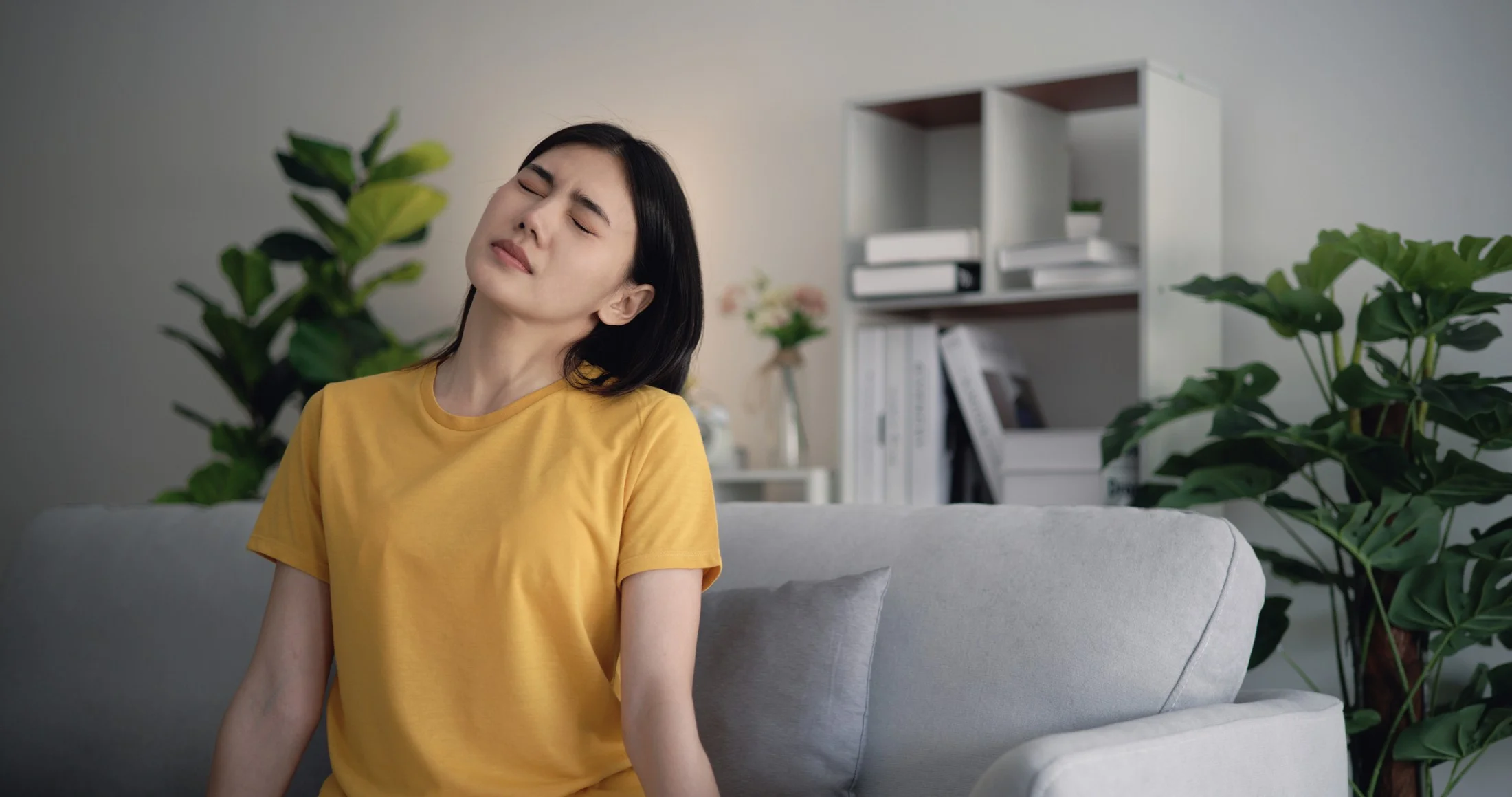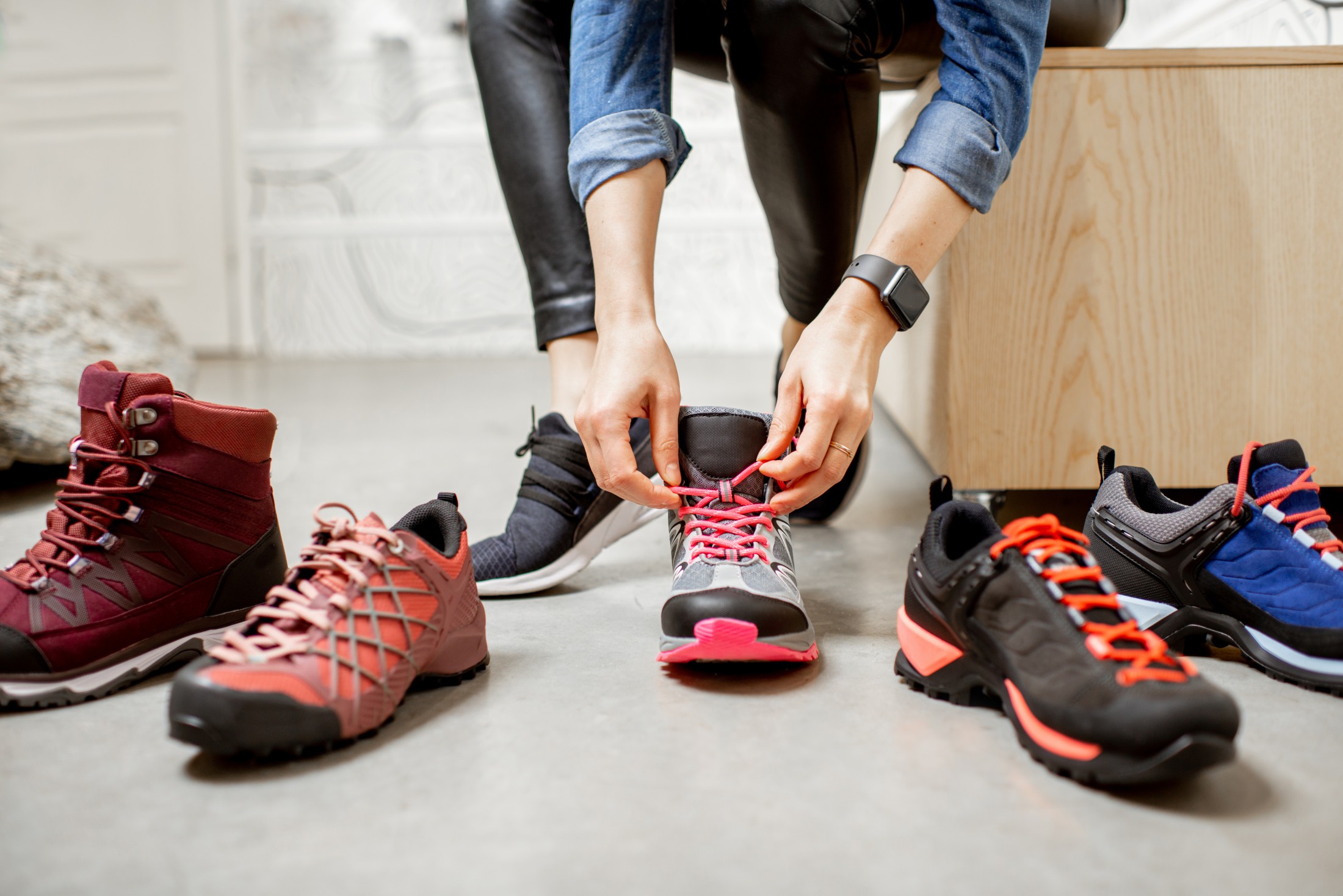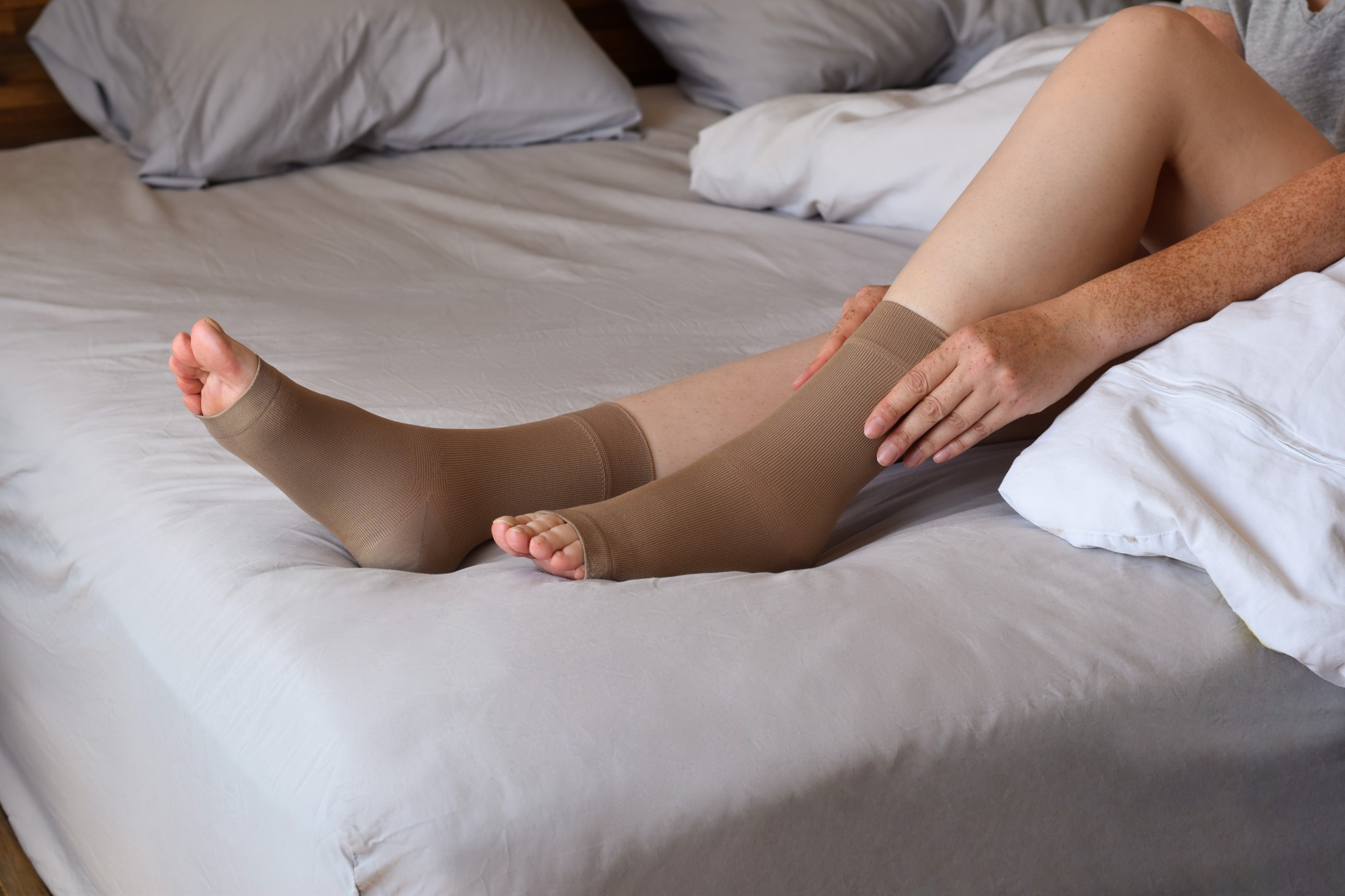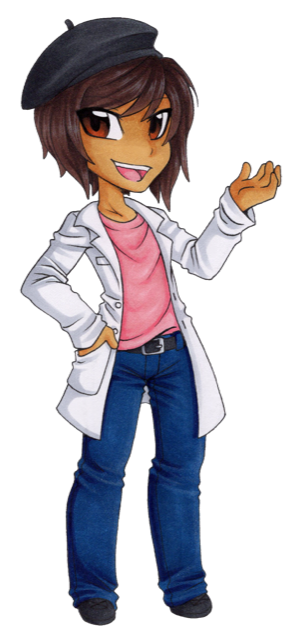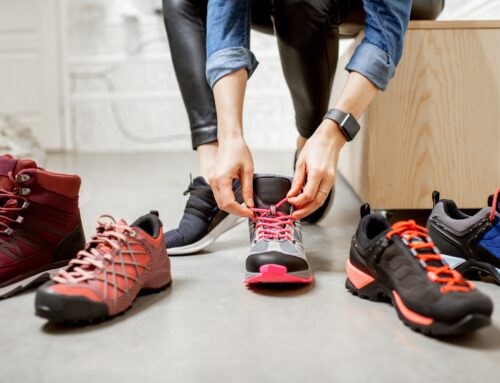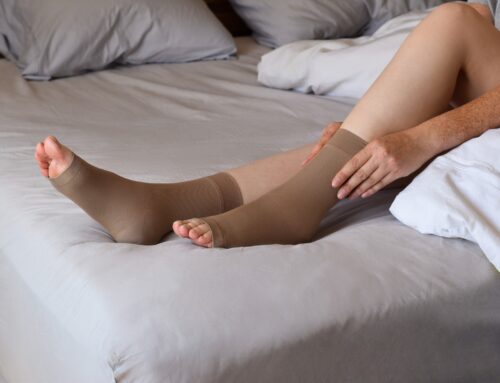Our feet do more than just carry us from one place to another; they play a vital role in our overall health, particularly when it comes to posture. The way we walk, run, stand, or even sit can be significantly influenced by the mechanics of our feet. This concept, known as foot biomechanics, refers to the study of the structure, function, and performance of the foot in relation to our movements and activities.
The intricate structure of the foot, made up of 26 bones, 33 joints, and over 100 muscles, tendons, and ligaments, makes it a biomechanical marvel, capable of absorbing shock, maintaining balance, and facilitating locomotion. However, due to the foot’s complex nature, any misalignment, dysfunction, or imbalance can adversely affect our foot biomechanics, leading to poor posture, discomfort, and potential health problems.
As we navigate the interconnected pathways of our body, the importance of foot biomechanics extends far beyond our feet. Our feet are the foundations of our body, and like any structure, the overall health and posture of the body heavily depend on a solid foundation. Poor foot biomechanics can cause a ripple effect throughout the body, leading to compensations in our ankles, knees, hips, and spine, ultimately affecting our overall body posture.
Understanding this connection can enable us to prevent and correct potential health problems, improve our posture, and enhance our overall wellbeing.
The Role of Foot Biomechanics in Body Posture
Foot biomechanics is a specialized sub-discipline within the field of biomechanics, focusing on the movement and structure of the foot. It looks at how the various components of our feet – bones, joints, muscles, tendons, and ligaments – work together to support, balance, and propel our bodies during standing, walking, running, and other activities.
Foot biomechanics encompasses three main areas: statics, dynamics, and kinematics. Statics refers to the foot’s behavior while at rest, dynamics involves the forces exerted by and on the foot during motion, and kinematics studies the motion of the foot without considering the forces involved. An understanding of these concepts enables health professionals to assess, diagnose, and treat various foot conditions and abnormalities.
But how does foot biomechanics connect to our overall body posture?
How Foot Function Influences Your Body’s Alignment
Our feet are the first point of contact with the ground. They bear the weight of our bodies, absorb shock from impact, and provide a stable platform for us to carry out our daily activities. When our feet strike the ground, the way they interact with it determines how forces are distributed through our bodies. Any disruption in the way our feet perform these functions can lead to an imbalance in this force distribution, causing misalignment and compensations further up in our skeletal structure, such as in the ankles, knees, hips, and spine.
For instance, overpronation (when the foot rolls inward excessively) or supination (when the foot rolls outward excessively) are common foot biomechanical issues. These can alter the alignment of the entire leg, leading to potential issues like knee pain, hip pain, or lower back pain.
Therefore, foot biomechanics plays an instrumental role in maintaining optimal body posture. When our feet function properly, they help maintain our body’s alignment, contributing to good posture. Conversely, poor foot biomechanics can lead to poor posture, which may result in discomfort, pain, and even long-term health issues. Correcting and improving foot biomechanics can, therefore, be a crucial step towards enhancing overall body posture.
Consequences of Poor Foot Biomechanics
Foot biomechanics is a critical determinant of our physical well-being. When our feet are not functioning optimally due to poor biomechanics, it can lead to a series of problems, affecting not only our feet but also various parts of our body.
Poor foot biomechanics can result in a range of foot-related issues, including plantar fasciitis, bunions, hammer toes, Achilles tendonitis, and shin splints. Each of these conditions presents unique challenges, discomfort, and limitations that can significantly affect our quality of life.
For instance, plantar fasciitis can cause severe heel pain that could hinder one’s ability to walk or stand properly. Bunions and hammer toes, often caused by improper footwear, can cause foot deformity and pain, leading to difficulty in moving.
Poor foot biomechanics can also result in more serious structural issues that affect our entire body. Let’s delve deeper into how poor foot biomechanics can lead to negative posture effects. A common example is overpronation or flat feet, where the foot rolls inwards excessively. This inward roll can cause a misalignment of the ankle and knee and an inward rotation of the hip. Over time, these compensations can lead to a forward tilt of the pelvis and an increased curve in the lower back – a condition known as lordosis.
Similarly, supination, or underpronation, can also lead to misalignments and compensations higher up in the body, potentially causing issues such as knee pain and lower back discomfort.
The Broader Health Impact of Poor Foot Biomechanics
In addition to causing postural issues, poor foot biomechanics can also contribute to overall health problems. Chronic pain in the back, hip, knee, or foot can limit mobility, making it difficult to lead an active lifestyle, which is critical for overall health. Limited physical activity can, in turn, lead to a host of health issues such as obesity, cardiovascular disease, diabetes, and mental health issues like depression and anxiety.
Understanding these consequences reinforces the importance of maintaining proper foot biomechanics. It’s not just about foot health, but overall body health, as the effects can ripple upwards affecting our entire body posture and wellbeing.
At Care-Med LTD, we specialize in providing solutions that address these concerns, offering products and services such as custom orthotics and orthopedic footwear to help correct foot biomechanics, leading to improved posture and better quality of life. This article will delve into the crucial relationship between foot biomechanics and body posture and explore potential solutions for common problems.
What Can Correct Poor Foot Biomechanics?
Poor foot biomechanics may seem like a daunting problem, considering the widespread consequences it can have on our health and lifestyle. However, with the right interventions and changes, it’s possible to correct these issues, improving not only foot function but also overall posture and health.
There are various ways to correct poor foot biomechanics, ranging from therapeutic exercises and lifestyle changes to the use of specific products designed to support the foot and improve its biomechanics. Let’s look at two such solutions that have shown significant success – custom orthotics and orthopedic footwear.
The Benefits of Custom Orthotics
Orthotics are custom-designed inserts you place inside your shoes. Specialists tailor them to match the specific contours of your feet, support your arches, relieve pressure, and correct alignment issues.
Custom orthotics are designed to correct specific biomechanical problems such as overpronation or supination. By providing arch support and helping distribute pressure and impact evenly across the foot, orthotics can significantly improve foot function.
At Care-Med, we’ve seen first-hand how custom orthotics can positively impact people’s lives. For instance, one of our clients, a runner, was suffering from recurring shin splints due to overpronation. After evaluating her foot biomechanics, we designed custom orthotics that provided the necessary support and alignment correction. As a result, she was able to train more effectively without discomfort, improving her performance and helping her achieve her personal best time.
Role of Orthopedic Footwear
Orthopedic footwear, another key solution for poor foot biomechanics, is specially designed to support the foot’s structure and mechanics. They include specific features – wide toe boxes, extra depth, adjustable straps, and supportive heel counters – to provide comfort, support, and proper alignment.
Orthopedic shoes can accommodate custom orthotics, offer additional arch support, and alleviate pressure points, making them an excellent solution for people with foot biomechanical issues.
For example, a client at Care-Med who had developed bunions due to narrow footwear and overpronation experienced significant relief when they switched to our recommended orthopedic shoes. The shoes’ wider toe box reduced pressure on the bunion, while the inbuilt arch support and their custom orthotics helped correct the overpronation.
Both custom orthotics and orthopedic footwear can significantly improve foot biomechanics and lead to better posture and overall health, making them valuable tools in the journey towards optimal biomechanical health.
What Can Correct Poor Foot Biomechanics?
Addressing poor foot biomechanics may seem overwhelming due to the myriad of potential complications, but with the right approach, these issues can be corrected and managed effectively. There are various strategies to enhance foot biomechanics, including targeted exercises, lifestyle modifications, and specialized products like custom orthotics and orthopedic footwear.
Benefits of Custom Orthotics
Custom orthotics are individually designed shoe inserts, tailored to fit your feet perfectly. They provide optimal support, correct foot alignment, and balance pressure across the foot, making them a highly effective solution for addressing poor foot biomechanics.
By realigning and stabilizing the foot and ankle bones to their neutral position, custom orthotics can correct specific foot biomechanics problems like overpronation or supination. They cushion your feet, redistribute weight, and relieve pressure on sensitive areas, thereby improving overall foot function.
Role of Orthopedic Footwear
Orthopedic footwear is another essential tool in correcting foot biomechanics. These are shoes specifically designed to support and accommodate the foot’s structure and movement. They have features such as spacious toe boxes, added depth, adjustable straps, and robust heel counters, providing comfort, supporting correct foot alignment, and relieving pressure points.
Unlike regular shoes, orthopedic shoes can accommodate custom orthotics and offer additional arch support, proving to be an excellent solution for people dealing with foot biomechanical issues.
Both custom orthotics and orthopedic footwear can play a pivotal role in improving foot biomechanics. Their targeted support and alignment correction contribute significantly to better posture and enhanced overall health, proving them to be invaluable in addressing foot biomechanics issues.
Good foot biomechanics form the cornerstone of proper body posture and overall well-being. The structure and function of our feet influence the alignment of our ankles, knees, hips, and spine, highlighting the importance of maintaining optimal foot biomechanics. A disruption in this intricate system can cause a ripple effect, leading to posture issues and other health complications.
Addressing foot biomechanics issues can seem challenging, but with the right approach and professional guidance, you can improve your foot function and, consequently, your body posture. Custom orthotics and orthopedic footwear offer effective solutions in this regard, providing targeted support, correcting alignment, and enhancing comfort.
If you’re experiencing discomfort, pain, or if you’re curious about your foot biomechanics, Care-Med LTD is here to assist you on your journey to improved foot health and better body posture. Contact us to learn more about our products and services or to schedule an appointment with our skilled professionals. It’s time to put your best foot forward, literally!
Share This Story, Choose Your Platform!
Table of Contents
We specialize in orthotics, body braces, and compression wear tailored to your unique needs in Toronto. Reach out to us at info@caremed.care or call 416-782-5353 to book your fitting and consultation.
Experience the difference of customized solutions designed just for you.


